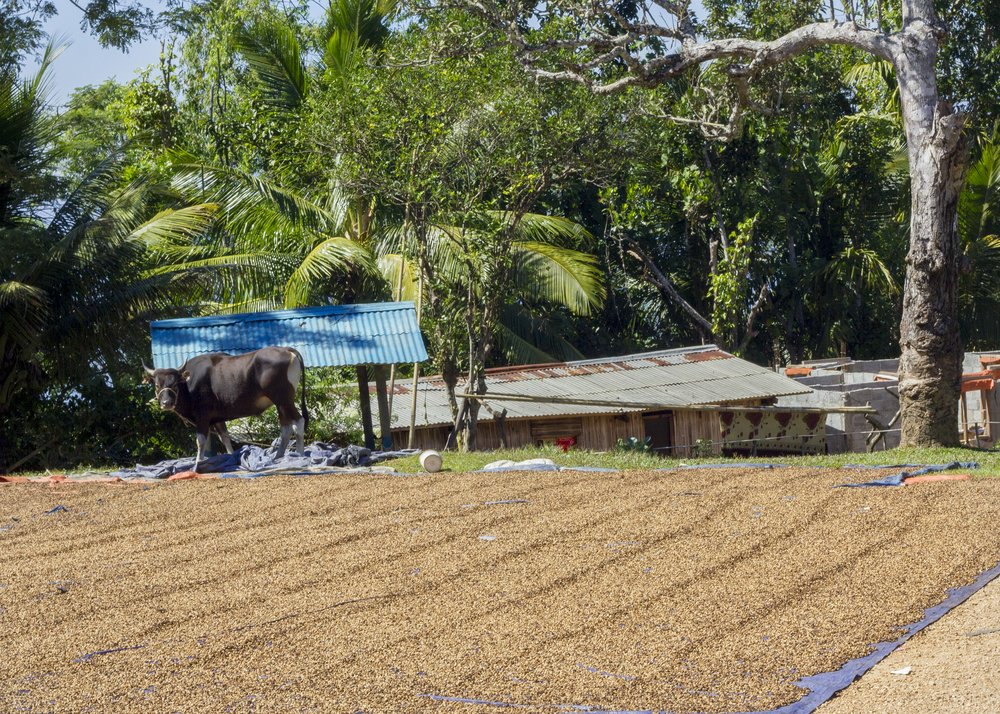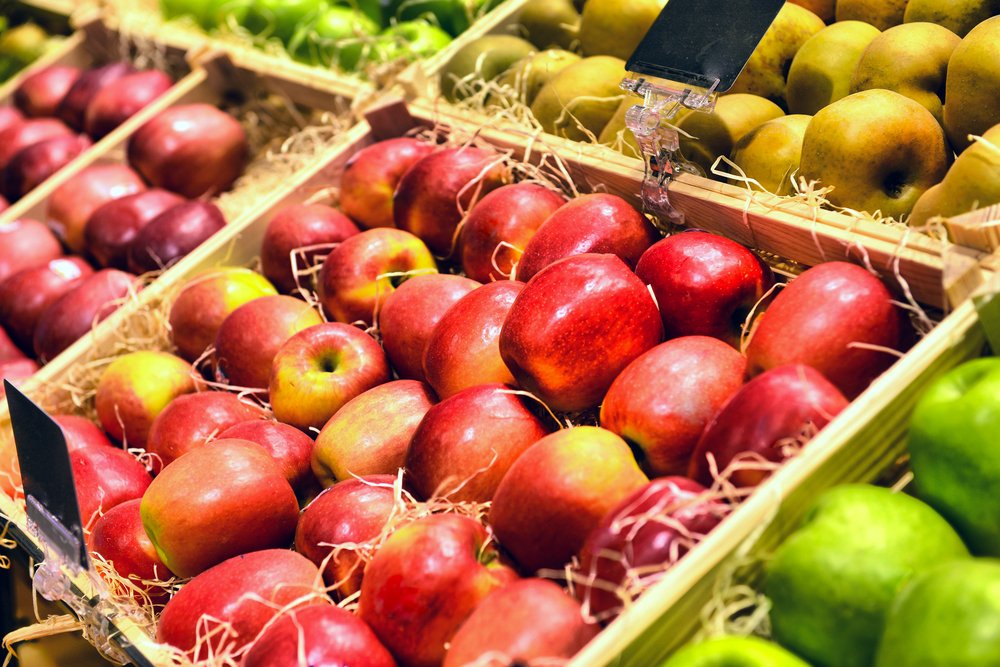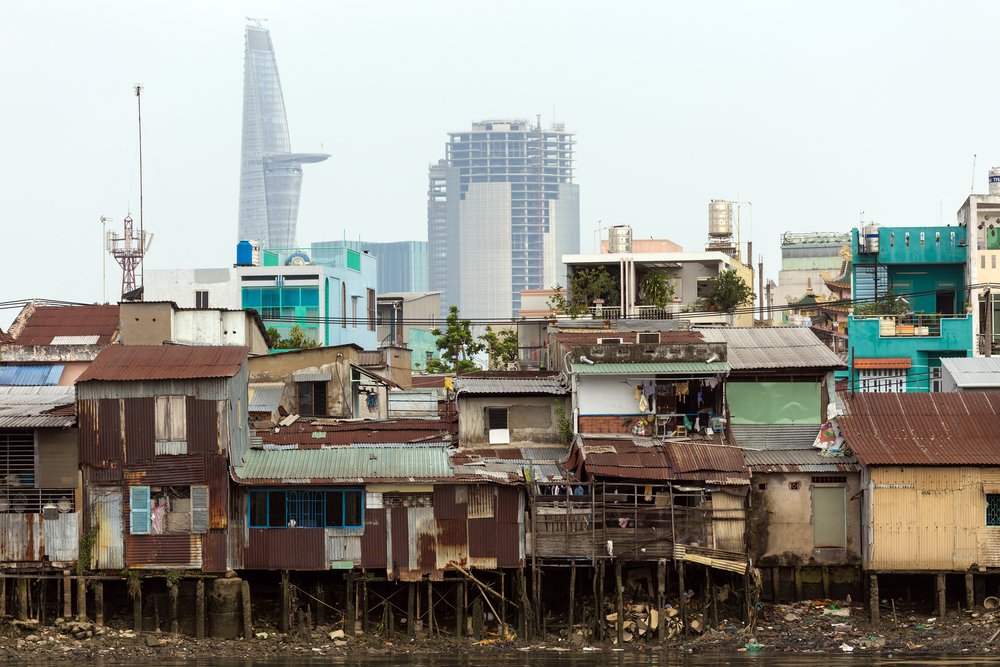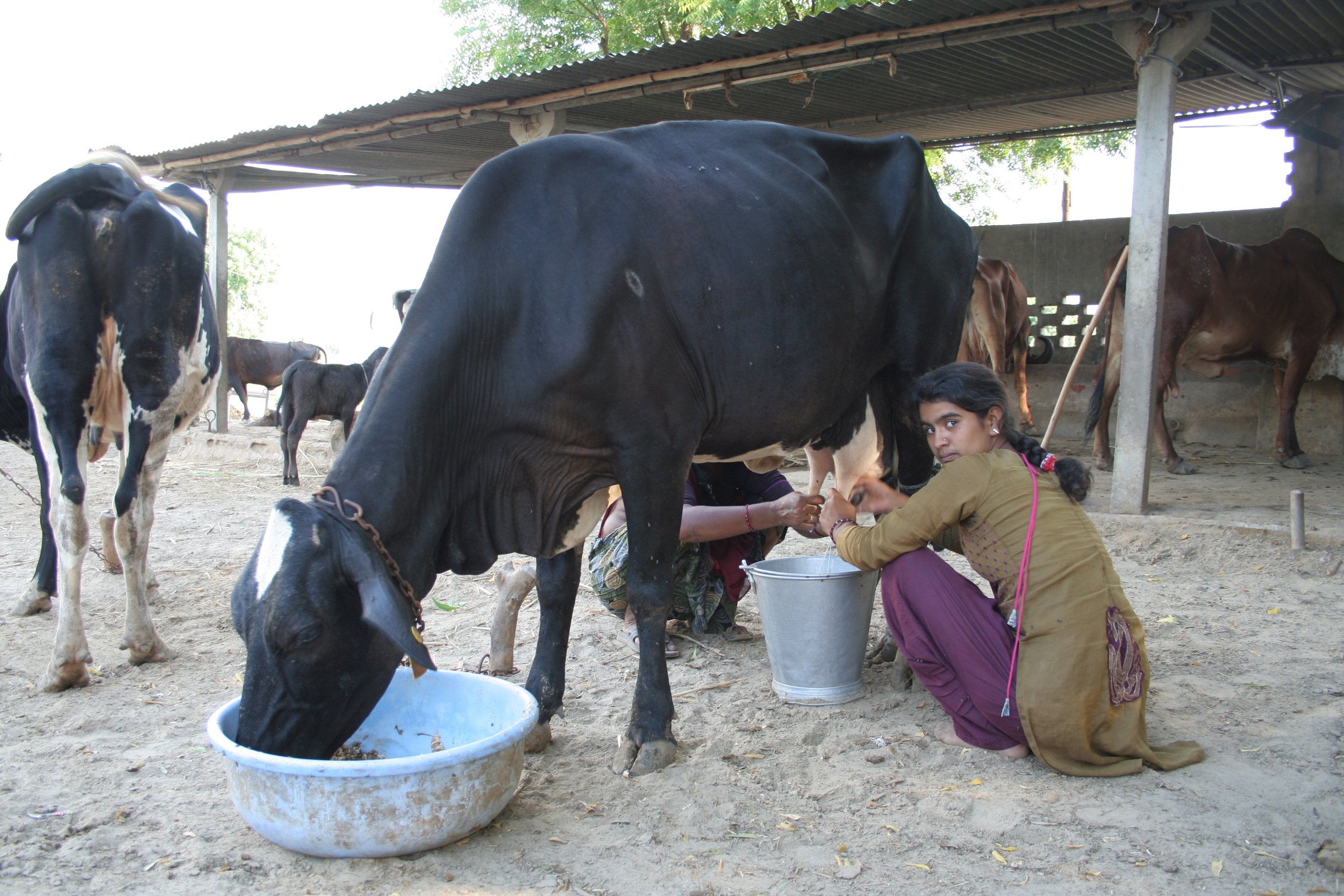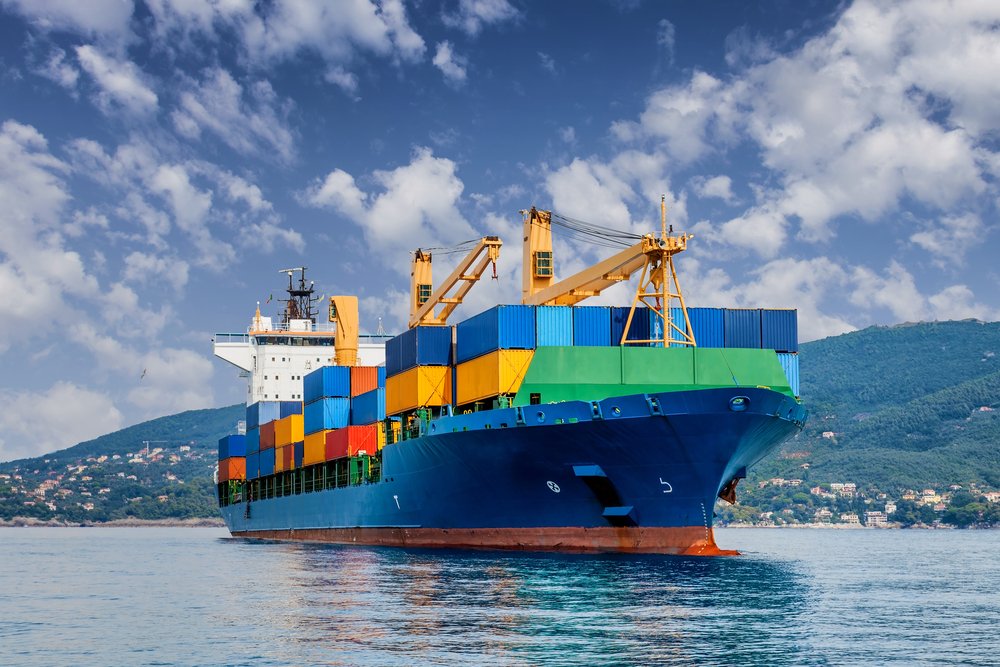TRADE POLICY IN A NUTSHELL
“Give us a day, and we’ll give you (almost) everything you need to know about trade policy.”
Our one-day Trade Policy in a Nutshell programme offers a broad overview of major trade policy topics and where to go to find more information when you need it. It also gives a fascinating snapshot of major global trends such as globalisation, sustainability and development. The emphasis throughout is on interaction, discussion and developing the practical tools to understand and engage on international trade issues more effectively.
Wednesday 18 october
0830 - 1700
The terrace conference centre, wellington
NZD$799 + GST (course materials and lunch included)
FUTURE COURSES - Timing to be confirmed
Trade policy: Focus on digital
This half-day course explores cutting-edge issues relating to digital trade. Learn about how cross-border data flows and digital technologies are transforming all aspects of modern trade, generating new products and ways to create value, new ways to buy and sell goods and services, and new ways to facilitate more traditional types of trade. New technologies are challenging our traditional notions of what constitutes “trade”, with the emergence of digital services, cloud computing, e-commerce, e-payments and digital trade documents, as well as frontier technologies such as artificial intelligence and blockchain. At the same time as this digital transformation is gathering pace, the policy landscape for “digital trade” is increasingly fragmented. In this course we will look at the evolution of digital trade, how trade policy is responding, and where the governance of the “digital economy” may be heading.
Trade policy: focus on Food & agriculture
This one-day course covers much of the same ground as the general overview in the 'Introduction to Trade Policy Course', but takes a closer look at issues in food and agriculture trade including market access (tariffs, tariff quotas, non-tariff barriers to agriculture and food trade) and different types of agriculture subsidies. It also looks at some of the development-related aspects of trade in agriculture and food, including food security.


